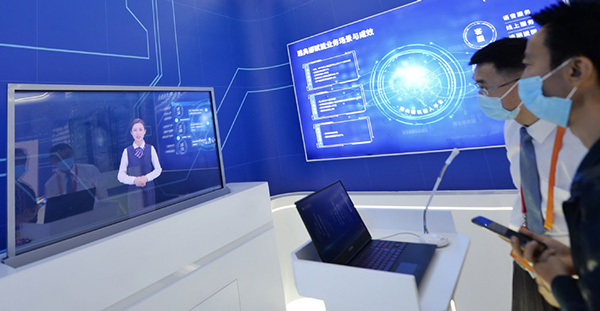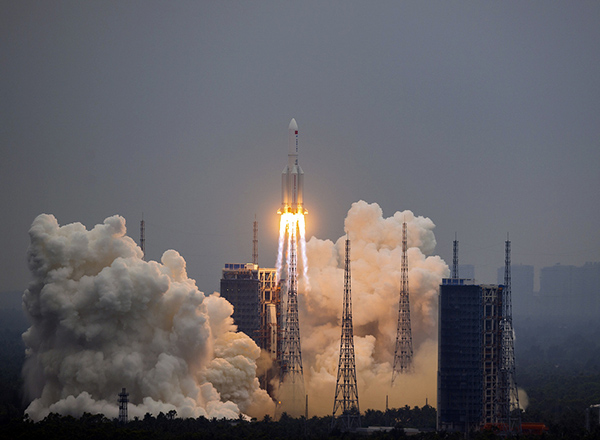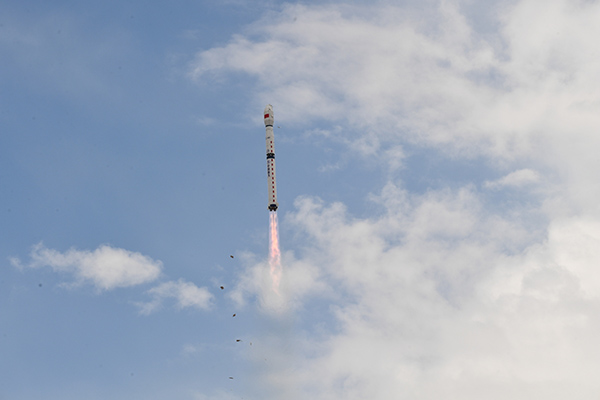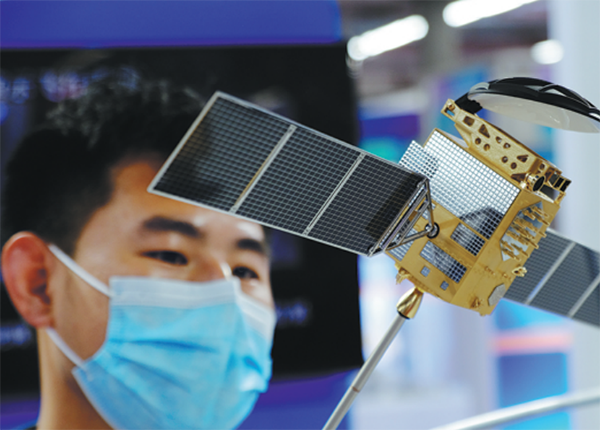
Yingtan, in northeastern Jiangxi province, has long enjoyed a reputation as the cradle of China's copper industry.

Beijing's 5G industry will generate revenue of about 200 billion yuan ($31 billion) in the coming year, driving the city's information service industry as well as telemedicine, ultra high-definition video and unmanned delivery services, according to the Beijing communications administration.

As China's science and technology innovation center, Beijing is leading in the 17 specific fields of the artificial intelligence industry in China, according to an industrial report published recently by the Beijing Academy of Artificial Intelligence and Tsinghua University.
CAS Space, a Beijing-based rocket company owned by the Chinese Academy of Sciences, has begun to design what it expects will be the world's most powerful solid-propellant carrier rocket, the company's chairman said.

Astronauts on the upcoming Shenzhou XII mission will engage in spacewalks outside the Tianhe core module of China's Tiangong space station, a key figure in the nation's manned space endeavor said.

Dozens of domestic and foreign scientists, including academicians and a Nobel Prize laureate, walked the red carpet to mark the opening of the 2021 Shanghai Science Festival, at the Shanghai Science and Technology Museum on Saturday.

China launched its latest oceanographic research satellite, HY-2D, on a Long March 4B carrier rocket from the Jiuquan Satellite Launch Center in the Gobi Desert on Wednesday morning, the China National Space Administration said.

By the end of 2020, the overall value of satellite-enabled navigation and positioning services in China was 403.3 billion yuan ($62.8 billion), with a 16.9-percent increase year-on-year, according to a white paper published on Tuesday in Beijing.